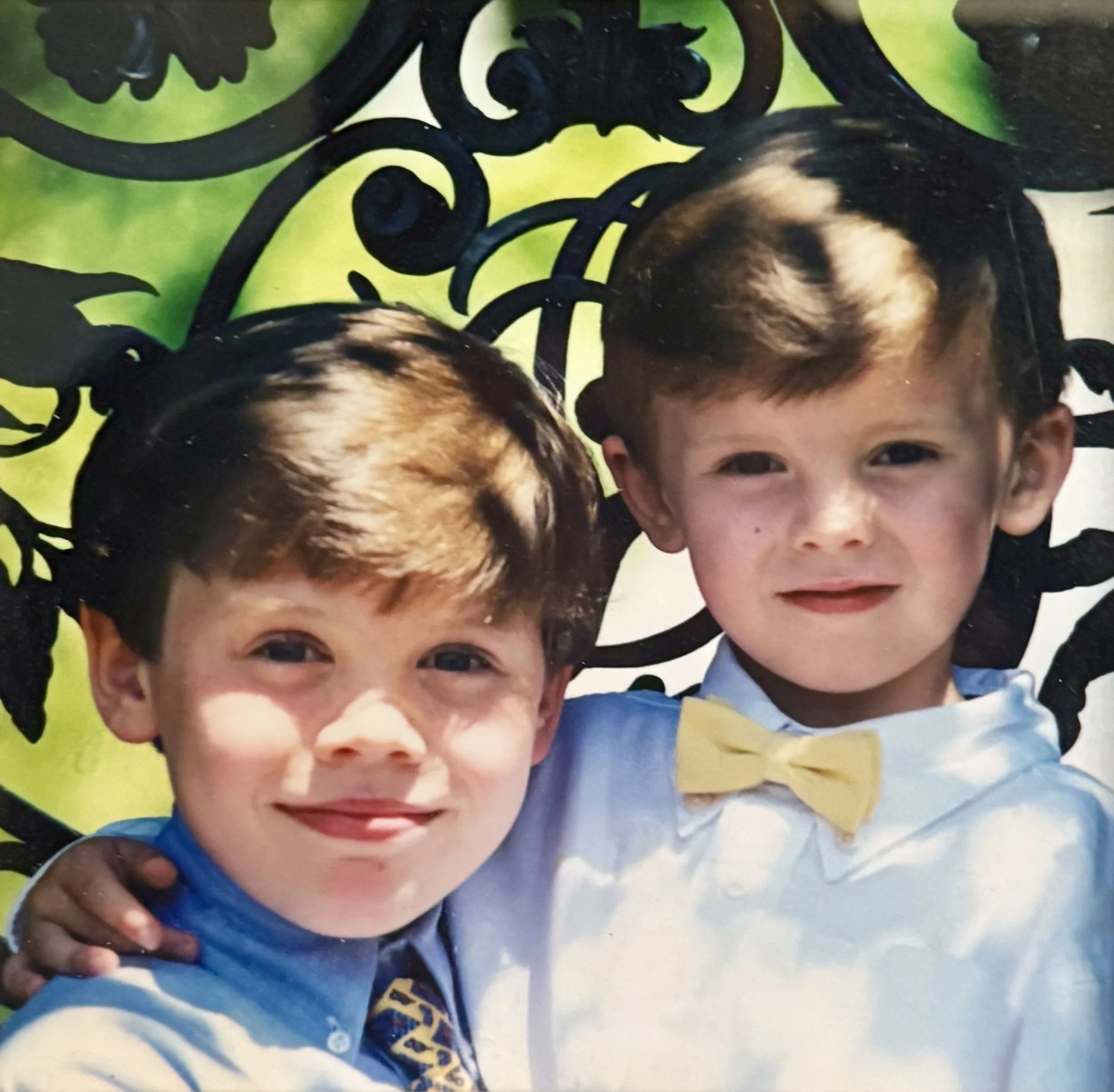You Can't Spell Renaissance Without AI
There is no suspense in inevitability. —Damon Lindelof
There is absolutely no inevitability as long as there is the willingness to think. —Chuck Jones
Above: Man and machine—so close, yet so far.
Whether we like it or not, Artificial Intelligence is here to stay.
Our actions these next few, critical years will determine whether AI brings a true Renaissance—a flourishing of art, science, exploration, and creativity—or a Renaissance Faire—an odd, infinite coterie of personalized AI friends, therapists, lovers, and worse playacting as humans.
That this technological sea change will impact our work and our lives is a given.
How it does so is very much up to us.
Inevitability ought not preclude preparation and action. After all, if you know a hurricane is bearing down on you, it's better to batten down the hatches than to do nothing at all.
For the first time ever, a technological revolution has white-collar/knowledge workers squarely in its crosshairs. This, coupled with less-than-ideal demographics in the West (i.e. the Silver Tsunami), is the economic, societal, cultural, existential elephant in the room.
Jeff Goldblum in Jurassic Park comes to mind:
You can’t spell Renaissance without AI, but what AI ultimately stands for is up for grabs.
As I see it, there are four paths forward in descending order from worst to best:
Addictive Intelligence: Holistic AI companionship is no longer a distant theory; it has become a reality, with AIs seamlessly integrated into our lives as friends, lovers, mentors, therapists, and teachers. But this intimate entanglement is downright dangerous. As we venture further into this relationship, we risk losing our way, unable to explain the paths these machines lead us down. "Special knowledge can be a terrible disadvantage if it leads you too far along a path you cannot explain anymore."
Artificial Intelligence: AI’s inherent paradox looms large: it “experiences” and understands nothing yet knows everything As Einstein wisely observed, “Any fool can know. The point is to understand.” I fear that what Google Maps did to our sense of direction, AI will do to our creativity and capacity for original thought. There may be a ghost in the machine, but there will never be a soul.
Authentic Intelligence: The backlash against AI, often a knee-jerk, Luddite -like rejection, is not a complete solution either. It’s a subtle resistance, not violent but creeping, reminiscent of the Amish or slogans like “Put the human back in humane.” While this aims to preserve our humanity, such wholesale rejection risks cutting off our nose to spite our face.
Actionable Intelligence: The best-case scenario for AI lies in its ability to work hand-in-hand with humanity, creating a new societal calculus where 1+1 equals 3. This outcome represents a symbiotic relationship where AI and human intelligence complement each other, driving human flourishing forward in ways neither could achieve alone.
Like most things, AI is over-hyped in the short term and under-hyped in the long term. Regardless, we headed for turbulent times.1 AI researchers think there’s a 50% chance of AI surpassing human ability in all tasks by 2047.
Right now humanity finds itself in purgatory.
The choices we make in the next few years will determine whether we as a species ascend up to Heaven or plunge down into Hell.
Let’s hope we choose wisely.







